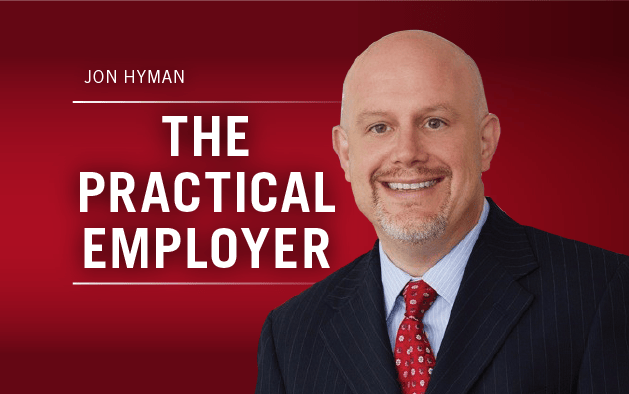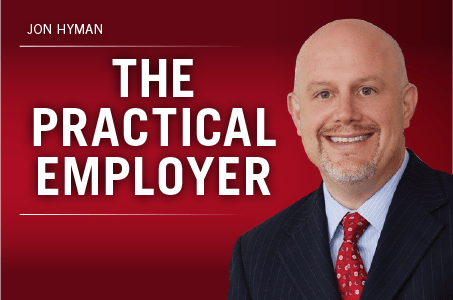An employee complaints to HR that her supervisor has been sexually harassing her.
The allegations aren’t pretty, and, if the investigation is mishandled (or even if it’s handled perfectly), you are reasonably confident that the employee will sue the company. Thus, you want to ensure that every “i” is dotted and “t” crossed in the investigation. So, you bring in the big guns to handle the investigation—the company’s attorney.
-
- Not legal advice. Not all communications between lawyer are client are privileged communications. The attorney-client privilege protects communications that are primarily or predominantly of legal in nature, the interpretation and application of legal principles to guide future conduct or to assess past conduct. It does not, however, protect communications that involve the business or operations of the employer that do not otherwise rely upon the interpretation and application of legal principles. When a lawyer fills the role of an investigator of workplace misconduct, the attorney is filling a business role, not a legal role. Thus, the privilege does not attach to protect the communications. The lawyer is no longer the company’s lawyer, but a fact witness as to what occurred.
(Sidebar: the lawyer/investigator will also have a conflict of interest precluding him or her from representing the company in the litigation, so don’t retain your litigation counsel to conduct the investigation unless you are prepared to find new litigation counsel for that case.)
- Waiver. If the employer wants to be able to rely upon the investigation at all as part of its defense to the harassment claim, then it is going to have to waiver any attorney-client privilege that otherwise might attach to and protect the investigation. The employer might need to prove that the promptness and thoroughness of its investigation. It might need to prove the reasonableness of its corrective action. It might be asserting a Faragher/Ellerth affirmative defense, or advice of counsel affirmative defense (as was the case in Barbini). In any of those instances, privilege will have to be waived, and the investigatory report, along with all of its related documents, will have to be produced.
- Not legal advice. Not all communications between lawyer are client are privileged communications. The attorney-client privilege protects communications that are primarily or predominantly of legal in nature, the interpretation and application of legal principles to guide future conduct or to assess past conduct. It does not, however, protect communications that involve the business or operations of the employer that do not otherwise rely upon the interpretation and application of legal principles. When a lawyer fills the role of an investigator of workplace misconduct, the attorney is filling a business role, not a legal role. Thus, the privilege does not attach to protect the communications. The lawyer is no longer the company’s lawyer, but a fact witness as to what occurred.




